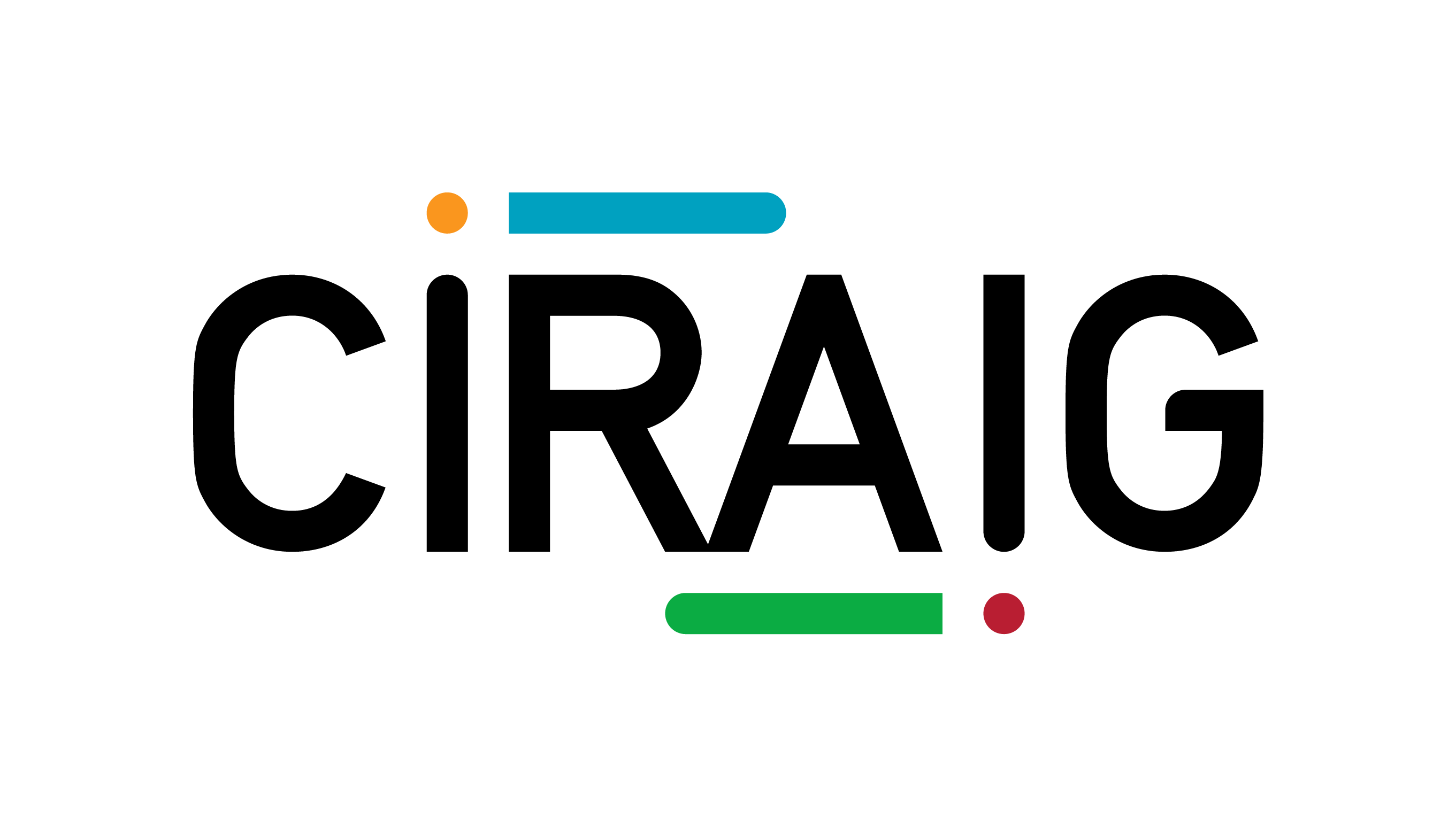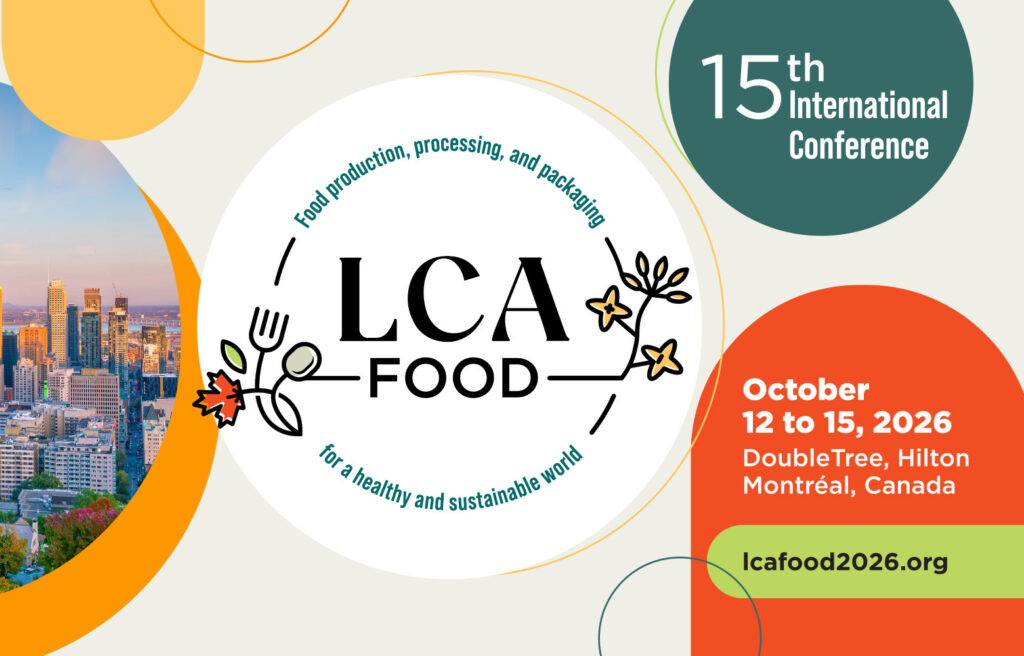
L’objectif de ce projet est de développer une méthodologie de quantification des émissions directes et indirectes de GES qui soit homogène pour l’ensemble des établissements de santé et de services sociaux, adaptée à leur contexte, scientifiquement robuste et facilement opérationnelle.
- Projet







